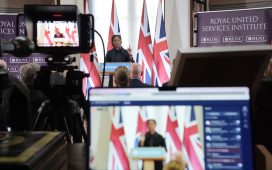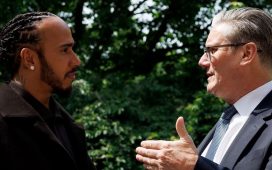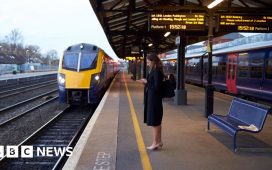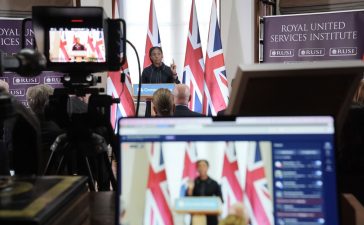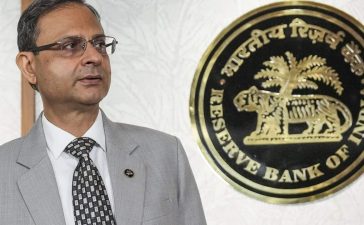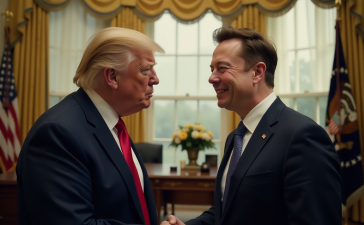
It comes after Mr Sunak met with the Scottish First Minister behind closed doors on Thursday evening, marking the second time he has met the Scottish National Party leader since entering Downing Street in October.
The new funding is set to “create thousands of high-skilled green jobs, drive growth, potentially bring in billions of private sector investment and provide opportunities for people across Scotland”, according to Downing Street.
It will reportedly involve the announcement of two new green freeports expected to be near Edinburgh and Inverness.
His visit comes at a time when the UK Government’s relationship with the devolved administration at Holyrood has been strained, not only by Ms Sturgeon’s continued push for independence, but by the potential for Westminster to block Holyrood’s gender recognition laws.
Last month, MSPs passed the Gender Recognition Reform (Scotland) Bill, approving changes which will allow trans people to obtain a gender recognition certificate without the need for a medical diagnosis.
Downing Street said no decision has yet been made on whether to invoke section 35 of the Scotland Act, which would block royal assent.
On Thursday, the prime minister insisted Scotland’s NHS is benefiting from “extra investment” thanks to the UK Government.
Mr Sunak also spoke of his hope that ministers would be able to “find a way through” and end the disputes which have seen both nurses and ambulance crews south of the border take strike action.
Nurses in Scotland have voted for action – but so far no dates have been announced.
Mr Sunak stressed: “I come from an NHS family, so I am passionately committed to protecting the NHS and I proud that we have invested record sums into the NHS and, of course, the Scotland health service is benefiting from that extra investment.
“And what we’re doing is talking to union leaders, the Health Secretary is engaged in those conversations and I very much hope we can find a way through.”
On Twitter, Mr Sunak said he sat down with Ms Sturgeon “to discuss the challenges we jointly face and how best to deliver for communities across the UK”.

